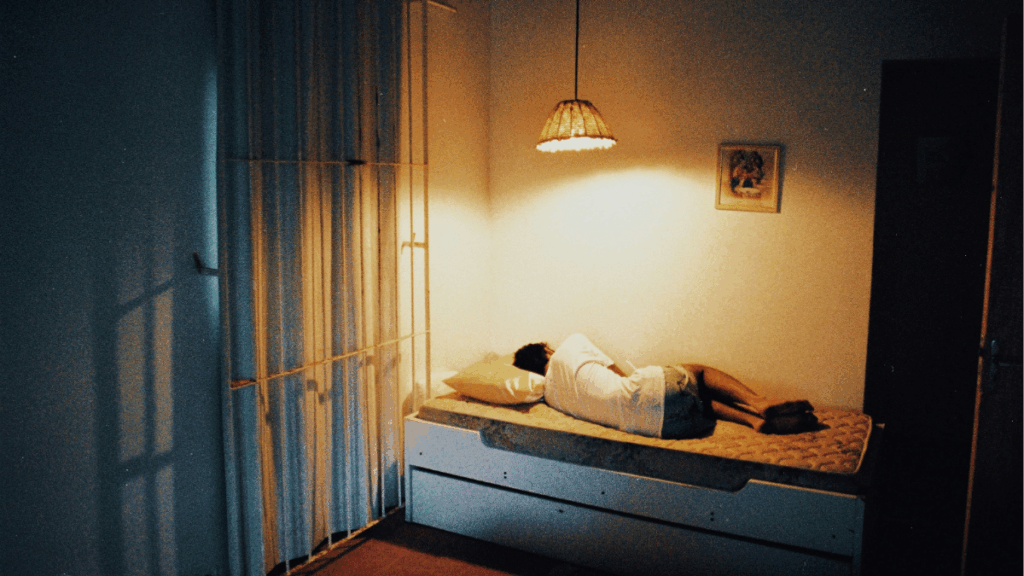Understanding the Science of Rest
We’ve all felt it: the foggy brain after a late night, the heaviness in our body after too little rest, the sudden clarity when we finally sleep well. Sleep is one of the most universal human experiences, and yet We spend nearly a third of our lives asleep, yet sleep is often treated as expendable—something to sacrifice for work, study, or social life. But the truth is, sleep isn’t a luxury. It’s a fundamental biological process that keeps our minds sharp, our emotions steady, and our bodies resilient. When we understand how sleep works and why it matters, we can begin to value it as the cornerstone of health that it really is.
How the Body Knows It’s Time to Rest
Our bodies don’t drift into sleep by accident. Inside the brain lies a built-in timing system often called the circadian clock. This clock responds to light and darkness: morning light prompts alertness, while the dimming of evening triggers the release of melatonin, the hormone that makes us feel drowsy. Alongside this is a second mechanism known as the sleep drive, which gradually intensifies the longer we stay awake. Think of it as pressure that builds during the day and finds release only when we finally close our eyes. Together, these systems explain why we feel alert at certain times and ready to rest at others.
More Than Just “Switching Off”
Although it may look like nothing is happening when we’re asleep, the brain is remarkably active. Sleep is a structured process, shifting through cycles of lighter and deeper stages. In the early hours of the night, we spend more time in deep, slow-wave sleep, which is essential for physical repair, immune strength, and waking up refreshed. Later in the night, REM sleep takes over, the stage most associated with vivid dreaming. REM is crucial for emotional balance, problem-solving, and creativity. Each cycle lasts around 90 minutes, and together they form the architecture of a healthy night’s rest.
Why Sleep Is Essential
Sleep touches almost every function of the body and mind. It restores memory and focus, fine-tunes learning, and supports growth and repair at the cellular level. It helps the brain reorganize itself, a process known as plasticity, which is especially important in children and adolescents. Sleep also plays a role in regulating metabolism, strengthening the immune system, and even clearing waste products that accumulate in the brain during waking hours.
In other words, while we’re asleep, the body is quietly carrying out some of its most important work.
The Cost of Cutting Corners
When sleep is cut short, the consequences are wide-ranging. Concentration suffers, reaction times slow, and decision-making becomes clouded. Over time, chronic sleep loss contributes to weight gain, reduced immunity, and a heightened risk of mental health struggles such as anxiety and depression. Even mild sleep restriction, if repeated night after night, accumulates into what researchers call sleep debt. Much like financial debt, the longer it builds, the harder it becomes to recover.
History offers dramatic examples. In 1927, Charles Lindbergh flew solo across the Atlantic, staying awake for over 33 hours. He later described his mind as “clicking on and off,” fighting to keep one eye open at a time. His words capture how powerfully the body resists prolonged wakefulness.
How Sleep Changes Over a Lifetime
Our relationship with sleep isn’t static. Newborns spend most of their day asleep, much of it in REM—a reflection of how vital sleep is for early brain development. As children grow, total sleep gradually decreases, and by adulthood it stabilizes at roughly seven to nine hours.
Adolescence presents a unique challenge. Biological changes during puberty push the circadian rhythm later, making it natural for teenagers to stay up late. Yet early school start times and heavy workloads force many into chronic sleep deprivation. It’s a “perfect storm” where biology and social demands collide.
Later in life, sleep becomes lighter and more fragmented. Older adults often wake more frequently during the night and may nap during the day to compensate. Deep sleep and REM both decline with age, which partly explains why older individuals often don’t feel as refreshed, even after a full night in bed.
A Modern Shortage
Beyond individual differences, cultural and environmental factors shape sleep too. Large-scale studies have found that people in fast-paced, urban societies—such as Singapore, Hong Kong, and South Korea—tend to sleep less than those in countries like Australia or New Zealand. Weeknight sleep averages in these regions often fall below the recommended minimum, pointing to a widespread issue of “socially driven” sleep loss.
Protecting Your Rest
If sleep is so central to wellbeing, how do we honor it in daily life? The basics are simple but powerful: keep consistent bed and wake times, reduce screen exposure before bedtime, and create a calming ritual to signal to the body that it’s time to wind down. For teens, later school start times could make a significant difference. For adults, a cultural shift that values rest as much as productivity is key.
Final Thought
Sleep isn’t wasted time—it’s the most effective form of self-care built into our biology. It restores, repairs, and prepares us to meet the challenges of each new day. In a world that often pushes us to do more and sleep less, remembering the power of rest may be one of the healthiest choices we can make.
Get in touch with us
📩 Let’s connect if you are curious about what coaching can do for you.
If you are interested in learning coaching skills, get started with our SFC-eligible (SkillsFuture Credit) course here.
